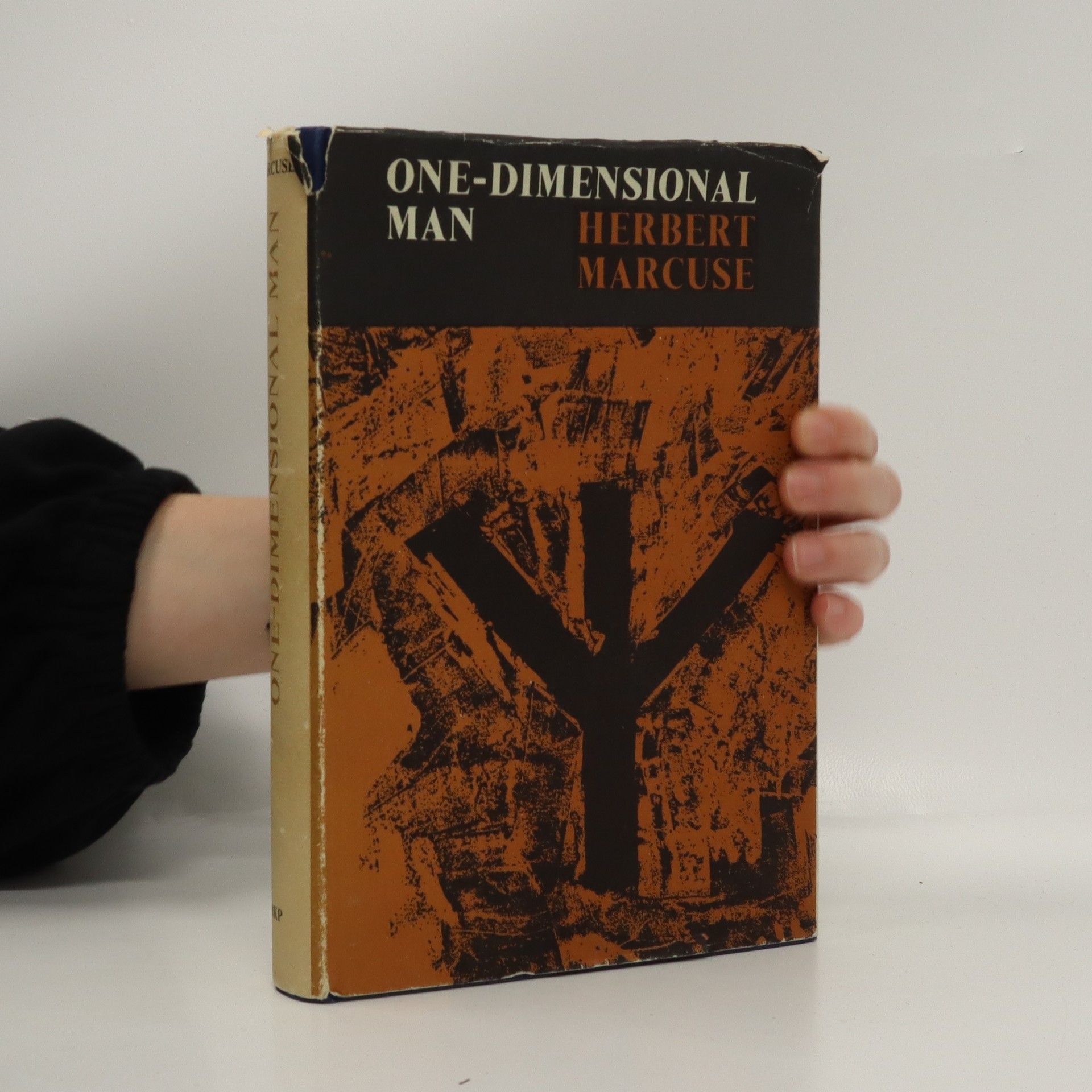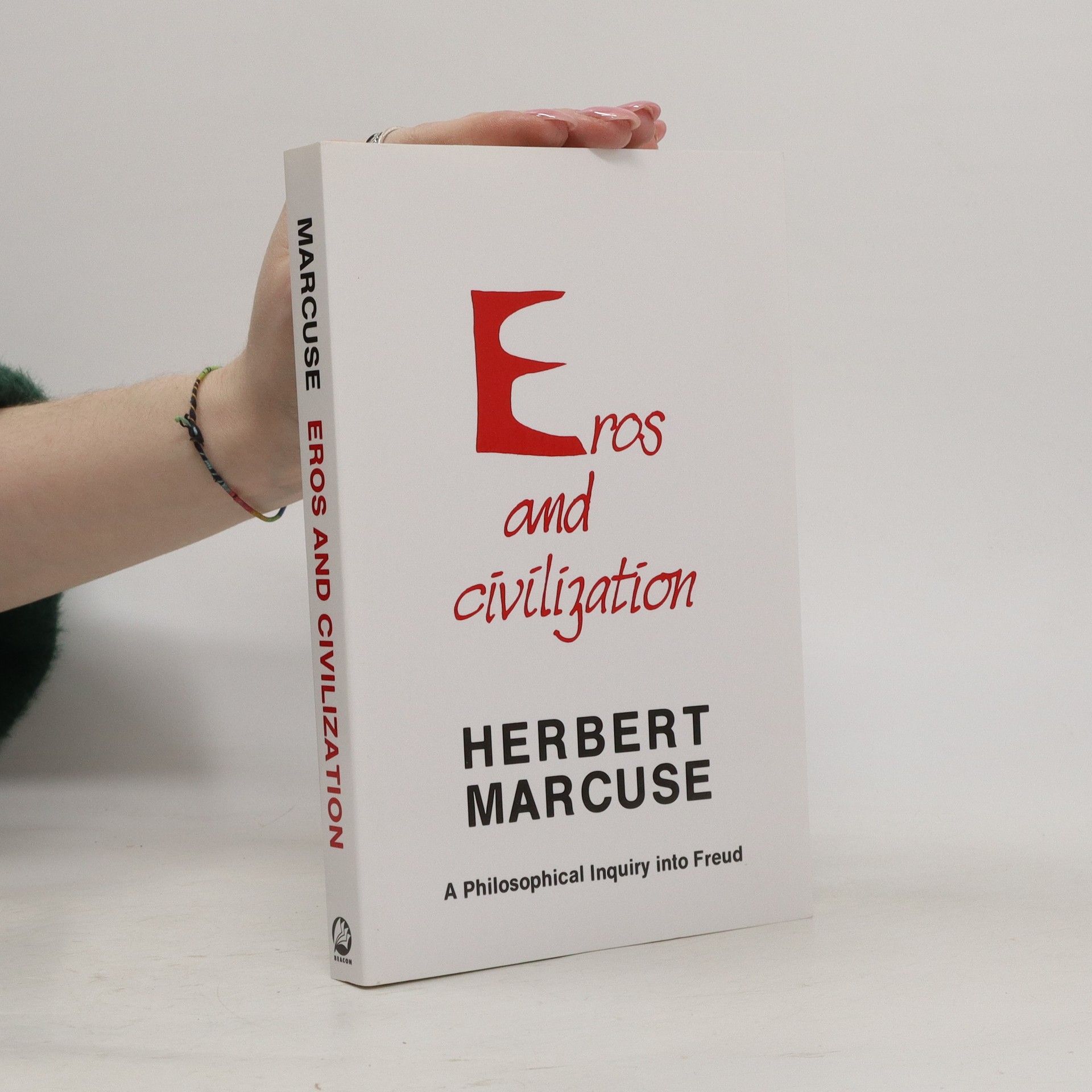Philosophy, Psychoanalysis and Emancipation
Collected Papers of Herbert Marcuse, Volume 5
- 256 pages
- 9 hours of reading
The book features a collection of Marcuse's significant writings, showcasing his distinctive blend of philosophy, psychoanalysis, and critical social theory. It offers a comprehensive introduction by Douglas Kellner, Tyson Lewis, and Clayton Pierce, which contextualizes Marcuse's thought within the major philosophical movements of the twentieth century, highlighting his intellectual contributions and relevance.




